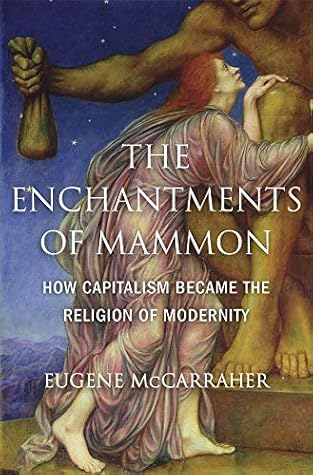executives was also recast as a modern School of Athens. Once derided as philistines, corporate leaders became, in the 1920s, Platonic sages and utopian visionaries. As syndicated columnist E. W. Howe wrote in Nation’s Business in 1921, the wisdom of businessmen is “the truest, fairest, and most important.” “Business men,” he reassured his readers, exhibit “better ability and philosophy, and are more useful than writers, soap box orators, politicians and statesmen.” “Commerce leads the way,” one journalist declaimed in the Forum in 1922, “and all arts, all professions, all culture follow.”
Welcome back. Just a moment while we sign you in to your Goodreads account.


